Loving the Skin You’re In: Empowerment through Black Beauty Movements
In recent decades, the conversation about beauty has expanded beyond traditional boundaries, giving rise to empowering movements that celebrate Black beauty. This evolution reflects not only a shift in societal standards but also a reclamation of identity and pride among Black individuals. From the natural hair movement to the influence of Black-owned beauty brands, Black beauty movements have undeniably transformed how we perceive, understand, and celebrate beauty. This article delves into the historical context, the key movements that have shaped Black beauty, and their far-reaching impact on society.
Historical Context
The concept of beauty has historically been racialized, often favoring Eurocentric standards. For centuries, Black individuals faced significant pressure to conform to these ideals, which frequently marginalized their natural features, skin tones, and hairstyles. This marginalization found its roots in colonialism, where European ideals were imposed on colonized populations. The consequences were profound, leading to internalized racism and self-doubt among many Black individuals.
The bridge to empowerment began to emerge during the civil rights movement of the 1960s. Activists and cultural figures like Angela Davis and Nina Simone emerged as icons not just for their political stances but also for their bold expressions of Black beauty and identity. This era marked a pivotal moment in the reclamation of Black beauty, setting the stage for future movements.
The Natural Hair Movement
One of the most significant shifts in recent years has been the natural hair movement, which advocates for the embracing of natural hair textures. This movement gained momentum in the late 2000s, fueled by social media platforms that allowed individuals to share their experiences, styles, and tips without the constraints of traditional media.
Origins and Growth
The natural hair movement can be traced back to African American women in the 1960s and 1970s, who sported afros as a symbol of pride and resistance. However, it wasn’t until the 2000s that a significant resurgence occurred, driven largely by the internet. Websites, blogs, and YouTube channels dedicated to natural hair care proliferated, offering advice and exposing the beauty of textured hair.
Social Media Influence
Platforms like Instagram and YouTube have played a crucial role in spreading the message of self-acceptance and liberation. Influential figures such as Naptural85, Taryn of The Glamorous Gleam, and others have become powerful voices, introducing diverse audiences to the beauty of natural hair. They showcase styles, promote Black-owned products, and provide a space for shared experiences.
Impact on Beauty Standards
The natural hair movement has profoundly changed beauty standards, inspiring a generation to reconsider the societal norms surrounding hair. Many Black individuals have begun to embrace their natural curls and kinks, recognizing the beauty and versatility of their hair. As a result, mainstream beauty brands have started to acknowledge this shift, leading to the creation of product lines specifically tailored for Afro-textured hair. This shift not only caters to the needs of Black consumers but also signifies a broader acceptance of diversity in beauty.
The Role of Black-Owned Beauty Brands
As the natural hair movement flourished, so did the necessity for products that catered specifically to Black beauty needs. This demand has led to the rise of numerous Black-owned beauty brands that prioritize clean, effective, and culturally affirming products.
Prominent Brands
Brands like SheaMoisture, Fenty Beauty, and Kinky-Curly emerged as key players, not only offering tailored products but also promoting an inclusive vision of beauty. Fenty Beauty, launched by Rihanna in 2017, revolutionized the cosmetics industry by introducing a diverse range of foundation shades that catered to multiple skin tones, thus filling a significant gap in the market that had often overlooked darker skin.
Empowerment Through Entrepreneurship
The rise of Black-owned beauty brands is also about empowerment through entrepreneurship. Many Black entrepreneurs, recognizing the gaps in mainstream beauty markets, have harnessed their creativity and cultural insights to develop brands that resonate with their communities. This entrepreneurial spirit not only nurtures economic empowerment but also highlights the importance of authenticity in the beauty industry. These brands invite consumers to embrace their distinct beauty while promoting self-love and cultural pride.
Intersection with Broader Social Movements
As beauty and identity continue to intertwine, Black beauty movements have begun to intersect with broader social justice issues. The fight for racial equality, body positivity, and mental health awareness are essential components of this conversation.
Body Positivity
The body positivity movement, which challenges harmful beauty standards and promotes acceptance of all body types, resonates deeply within Black beauty movements. Many Black individuals face unique challenges related to body image, often feeling pressure to meet unrealistic standards. Within the context of Black beauty, body positivity becomes a collective effort to celebrate curves, skin tones, and features that are often marginalized in mainstream culture.
Mental Health Awareness
Additionally, these beauty movements have opened discussions about mental health and self-worth. The pressures to conform to societal beauty standards can lead to anxiety and depression among Black individuals, especially those growing up in a world that often devalues their beauty. By celebrating and uplifting Black beauty, these movements contribute to mental well-being and foster a sense of community and belonging.
Education and Advocacy
As Black beauty movements continue to evolve, education and advocacy play pivotal roles in their sustainability and impact. Grassroots initiatives and community organizations work tirelessly to educate individuals about their beauty, promoting self-acceptance and confidence.
Workshops and Community Events
Workshops that focus on skincare, hair care, and self-esteem-building have become commonplace in many communities. These events not only educate but also create safe spaces where individuals can share their experiences, fostering a sense of belonging and empowerment.
Social Media Activism
Furthermore, social media continues to serve as a powerful tool for advocacy. Hashtags like #MelaninMagic and #BlackGirlMagic have rallied individuals to celebrate their identities and challenge stereotypes. This digital activism has drawn attention to the importance of representation in media, urging brands to embrace diversity.
Global Perspectives
While the focus of this article centers on movements in the United States, the celebration of Black beauty extends globally. From South Africa to Brazil, various cultures embrace their unique forms of beauty, influenced by history, traditions, and values.
Diverse Narratives
In South Africa, the natural hair movement has been embraced under the hashtag #ProtectYourCrown, where individuals celebrate their natural hair while also engaging in meaningful discussions about skin color and societal bias. In Brazil, where the Afro-Brazilian community has historically faced challenges related to race and beauty, movements like “Black is Beautiful” aim to empower individuals to love their unique features.
Collaboration Across Borders
These global perspectives demonstrate the interconnectedness of Black beauty movements. As individuals across the world share their stories and experiences, a rich tapestry of narratives emerges, reinforcing the universality of the message: love the skin you’re in.
Conclusion
Loving the skin you’re in is not merely a personal mantra; it is a powerful movement that has rippled through generations. The Black beauty movements of today serve as a testament to resilience, empowerment, and pride. By reclaiming and celebrating their beauty, Black individuals challenge harmful standards and redefine societal norms.
The natural hair movement, the rise of Black-owned beauty brands, and the intersection with social movements have collectively fostered a cultural shift that encourages self-acceptance, fosters community, and promotes inclusivity. As these movements continue to evolve, they remind us of the importance of celebrating diversity in all its forms, urging everyone to love the skin they’re in.
It is vital for society to keep amplifying these discussions, supporting Black beauty movements, and recognizing the intrinsic value of every individual’s unique story. By doing so, we not only empower Black individuals but also pave the way for a more inclusive and loving world, where beauty is celebrated in all its forms.
Sources:
- [Natural hair movement and its impact on beauty standards]
- [History of Black beauty movements in the U.S.]
- [Influence of social media on Black beauty]
- [The rise of Black-owned beauty brands]
- [Body positivity and its significance in Black beauty]
- [Global perspectives on Black beauty]
- [Advocacy and education in Black beauty movements]















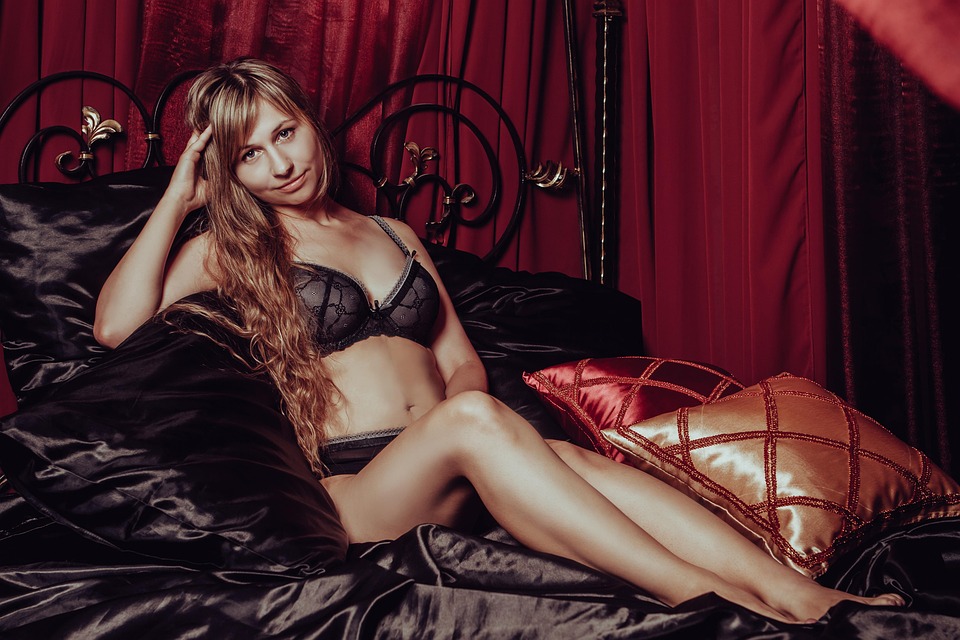
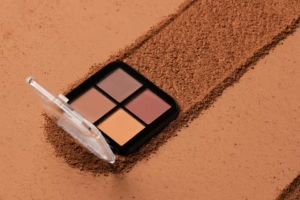
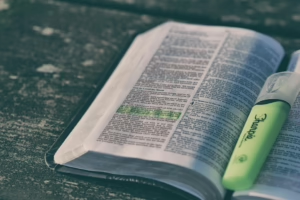
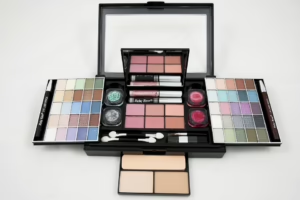
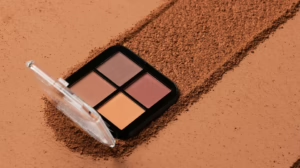

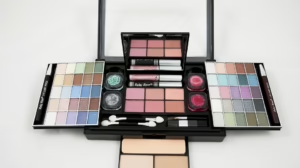




Add Comment